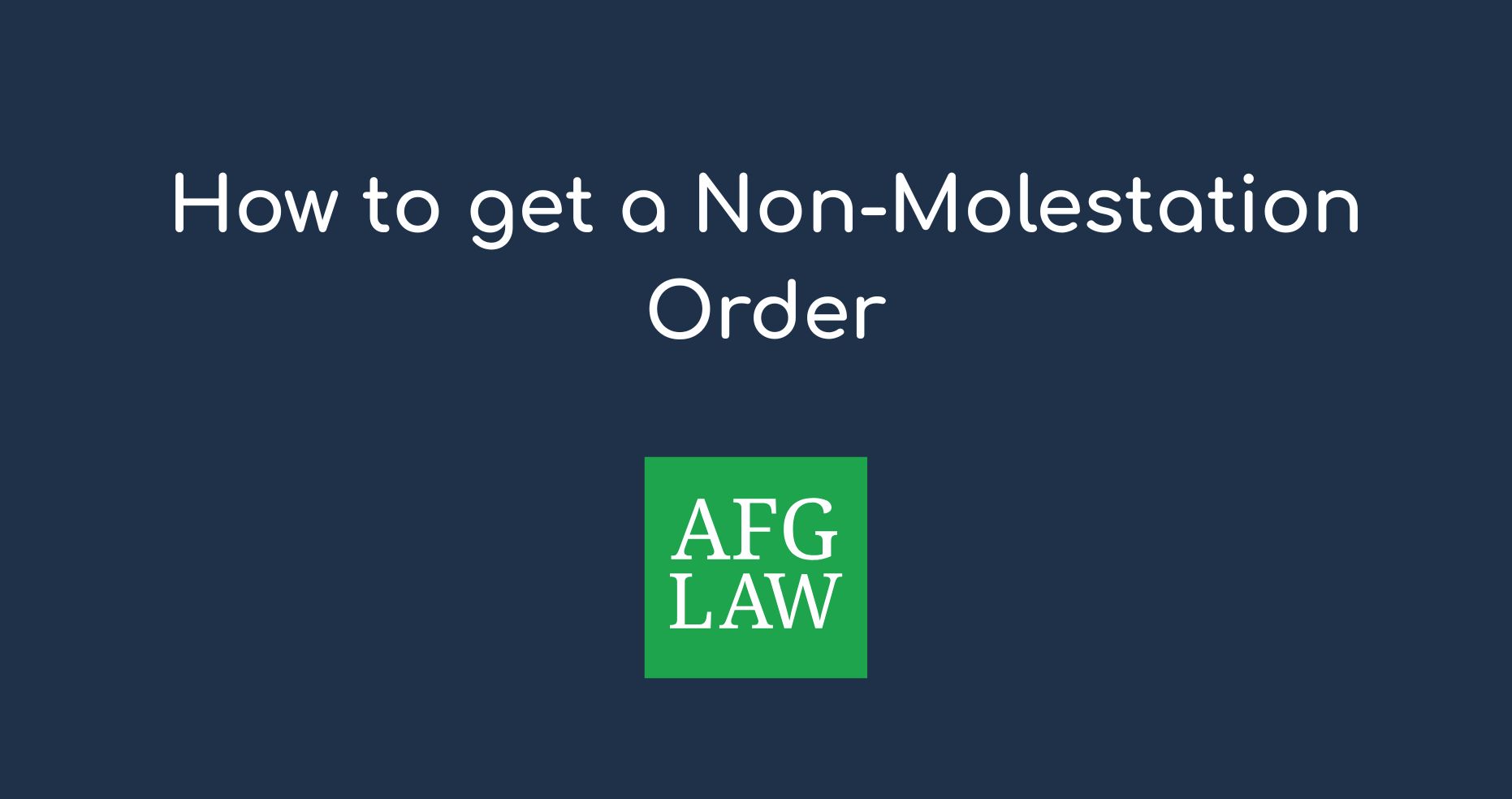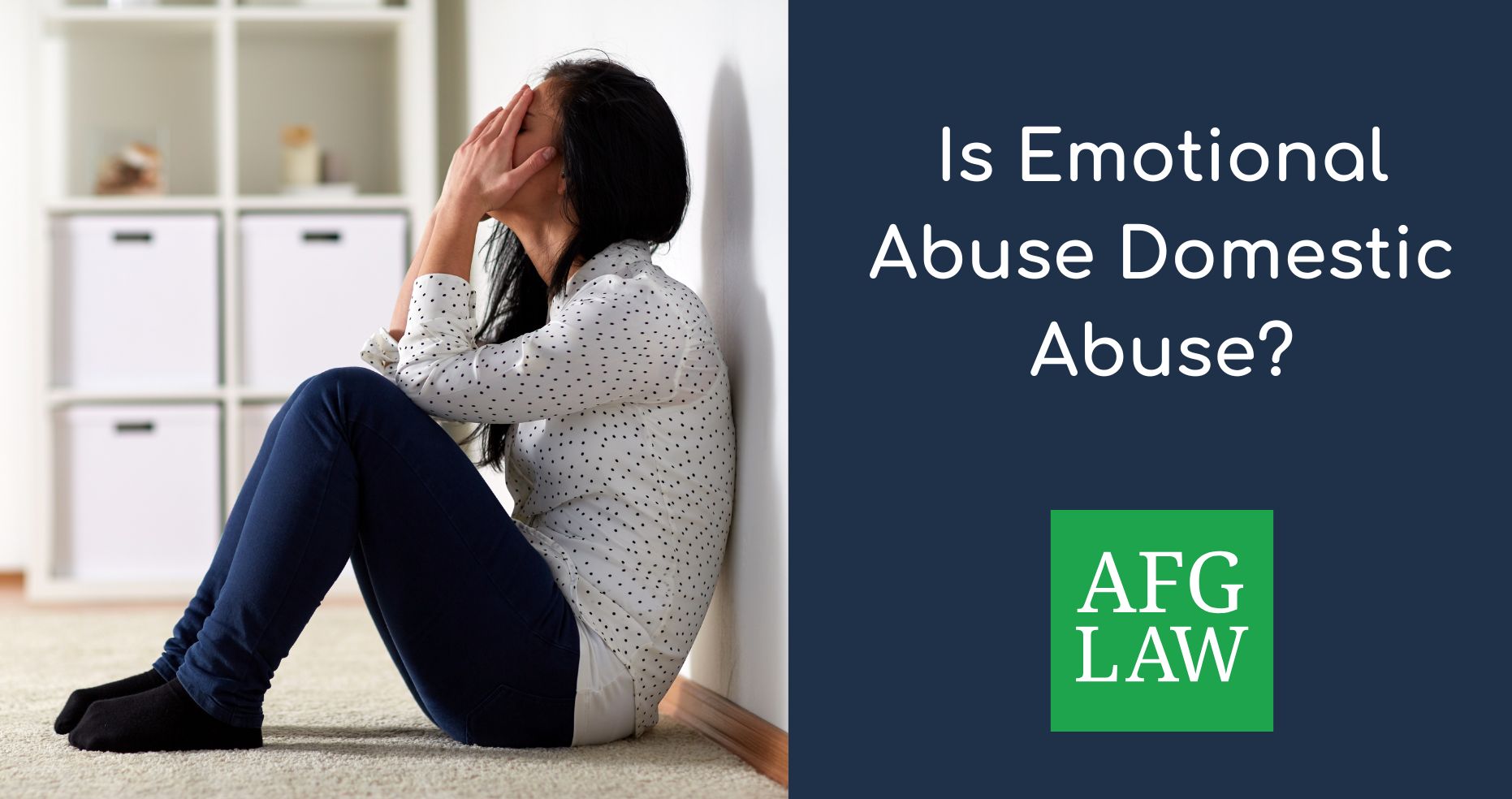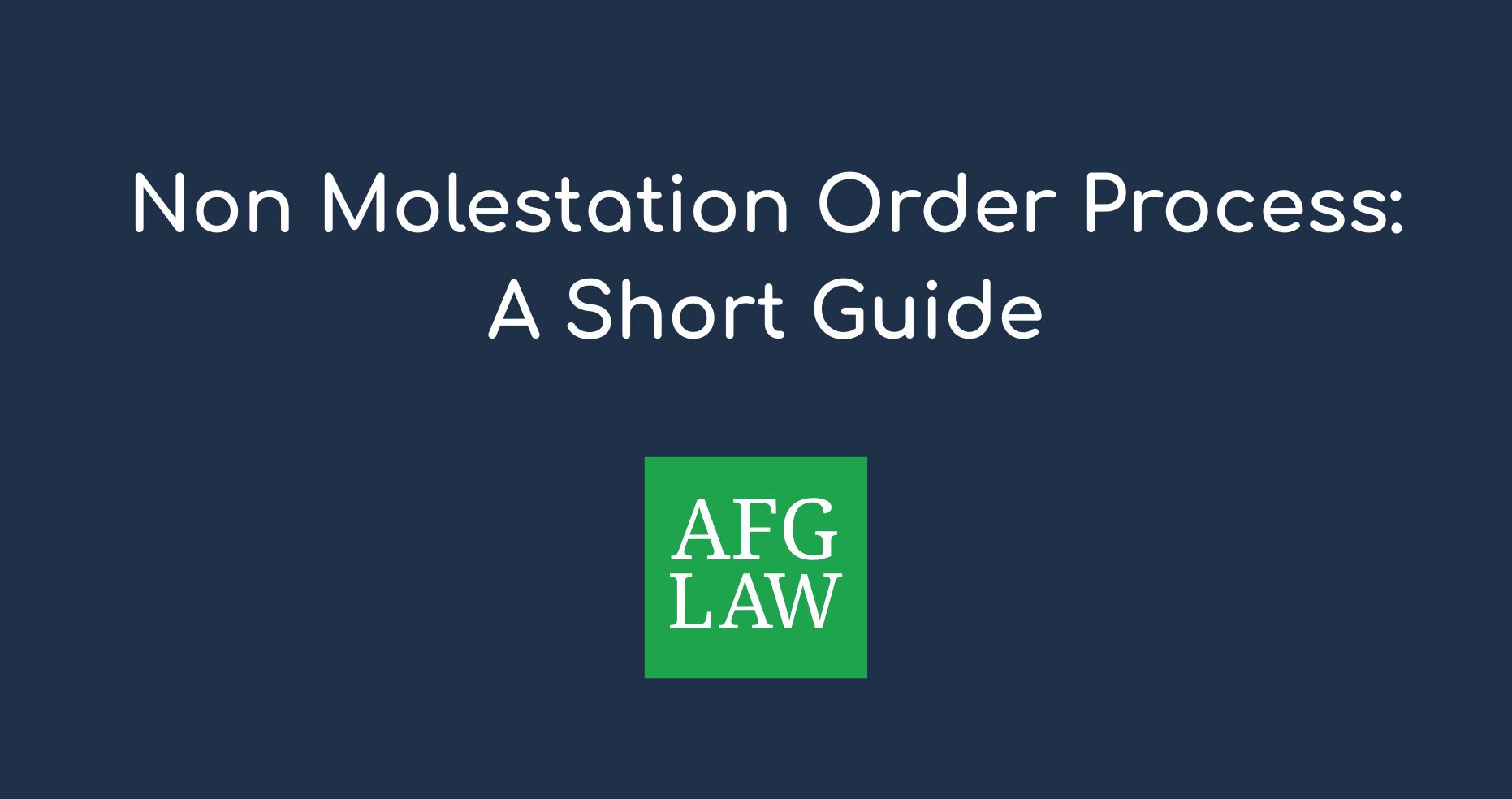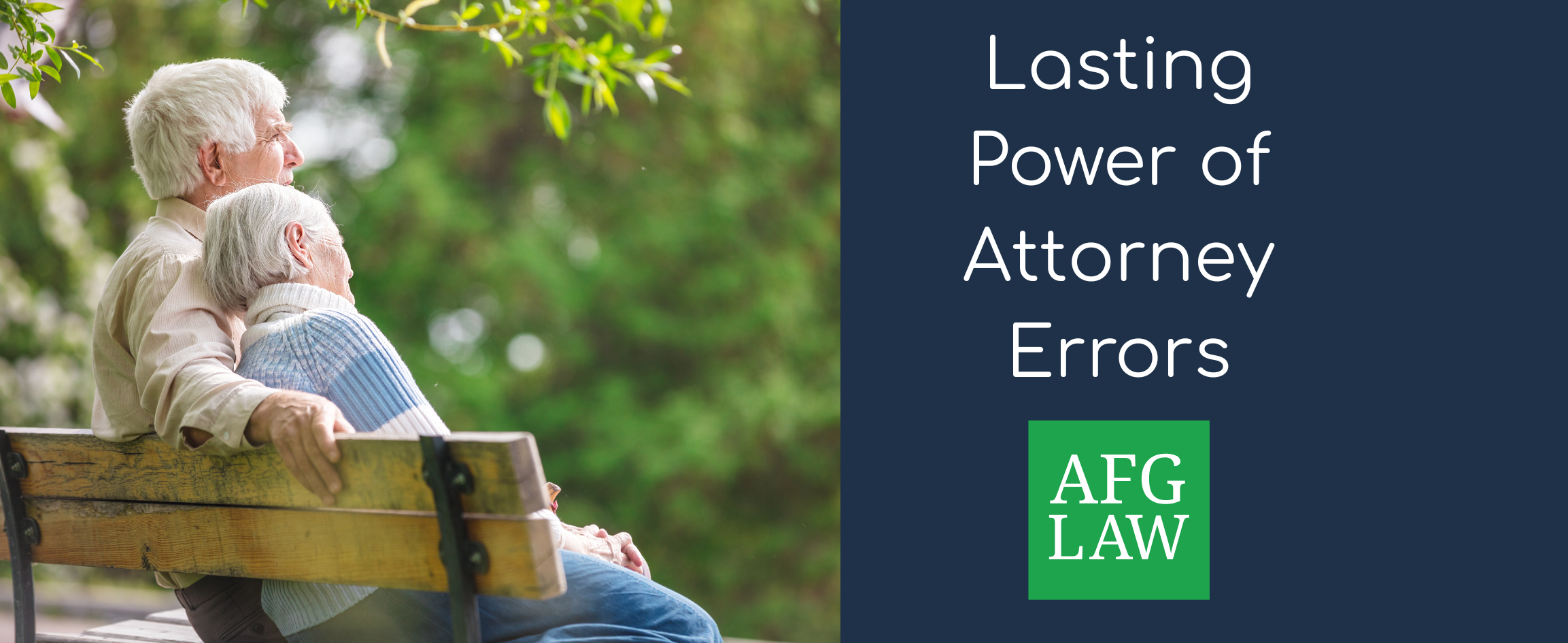As a landlord, there are certain obligations that you must meet in order to protect yourself, your property and your tenants.
At AFG Law, we can help ensure that you remain compliant with the law, as well as helping you should a tenant raise a dispute against you.
What are landlords responsible for?
As a landlord, there are many things that you are responsible for to ensure the safety of your tenants.
You must keep your rented properties free from health hazards, including repairing and maintaining the following:
- The roof, walls, flooring, windows, drains and doors
- Pipes supplying gas, water and electricity
- The boiler, including heating and hot water
- Sanitary fittings such as sinks, baths, showers and pipework
- Electrical wiring
Landlords are also responsible for the safety of their tenants by:
- Meeting safety standards
- Preventing pests from entering the property
- Having the right level of insurance
- Managing and vacating the property
- Providing information to tenants, including emergency contact and what to do in the event of a fire
Landlord obligations prior to renting a property
Before renting out a property, as a landlord you have several legal obligations to follow:
- Insurance – Landlords must have the right level of insurance in place to protect themselves, their property and the future tenants. You will need to have buildings insurance and special landlord insurance since regular policies will not cover rental properties.
- Safety standards – Before any tenants move in, you must ensure your property meets specific safety standards. This includes, but is not limited to, fixing locks on all appropriate doors and windows, installing smoke and carbon monoxide detectors, ensuring all the emergency exits are clear, testing all electricals are safe, obtaining a gas certificate and annual checks being kept on top of.
- Tenancy deposit protection – Landlords must protect their tenants deposits in a government approved tenancy deposit protection (TDP) scheme. As a landlord, you should have this organised before you approve your tenants as you should share information on where the deposit will be safeguarded.
- Energy Performance Certificates – These should be obtained, as well as the ‘How to Rent’ Checklist being obtained so this can be provided to the tenant.
- Property condition and repairs – Landlords must ensure the property is safe to live in and free from any hazards before any tenants move in.
- Right to rent – Prior to allowing new tenants to move in, landlords must ensure they have a right to rent the property.
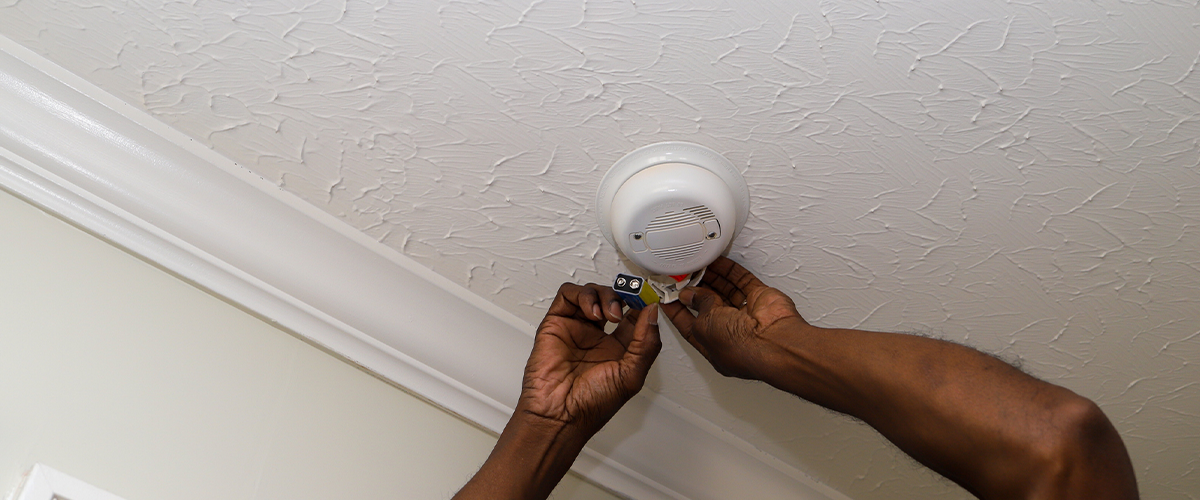
Landlord obligations during a tenancy
Landlords also have a range of obligations during a tenancy that they must adhere to:
- Repairs – As a landlord, you are responsible for keeping the property in good condition including conducting any repairs such as:
- The external structure of the property
- Heating and hot water
- Boiler condition
- Ventilation and chimneys
- Plumbing and drains
- Safety – Landlords must ensure the property is safe and free from any health hazards, including installing and maintaining electrical equipment, arranging boiler and gas checks every year and fitting the property with adequate fire alarms.
- Regular communication – If your tenant has a complaint or query, you have a responsibility as a landlord to respond promptly. You should inform your tenants when they can and can’t contact you and how quickly they can expect to see a response (unless this is managed by a third party).
Private, Residential Landlord Obligations Services we offer
Ways of avoiding landlord and tenant disputes
One of the best ways to avoid landlord and tenant disputes is to have clear communication at the beginning of the tenancy, both verbal and written, about what you expect from your tenant and what they can expect from you.
This can include where and how the tenant can contact you, what date you expect to receive the rent payments, what should happen in the event of an emergency and so on. Expanding and clarifying on these points is one of the easiest and most effective ways of preventing landlord and tenant disputes from arising.
However, if you feel like a dispute is arising between you and your tenant, head over to our guide on how to resolve landlord and tenant disputes.




